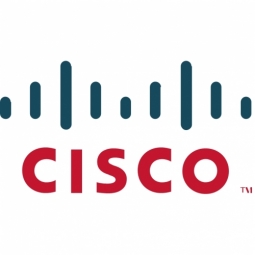How Cisco Upgraded Its Wireless Infrastructure

- Telecommunications
The challenge for Cisco IT was to continue providing a global wireless LAN that could serve as a primary access medium and deliver more bandwith and coverage to more users, while satisfying the company's business requirements. The next-generation WLAN would also need to provide native support for wireless video and voice, with high levels of accessibility, availability and security to reduce service-impacting incidents.
The Cisco Next-Generation WLAN program, which began in May 2006, will evolve Cisco IT's existing indoor wireless network infrastructure into a more available, stable and secure network. Cisco IT will increase the number of access points - from 3100 to more than 6000 - in more than 300 Cisco locations worldwide and deploy the latest intelligent and fully integrated Cisco wireless products.
The next-generation WLAN is based on the Cisco Unified Wireless Network Solution, which combines centralized Cisco Wireless LAN Controllers with Lightweight Access Point Protocol (LWAPP)-enabled access points, and distributed, autonomous access points based on Cisco IOS Software.
Related Case Studies.











